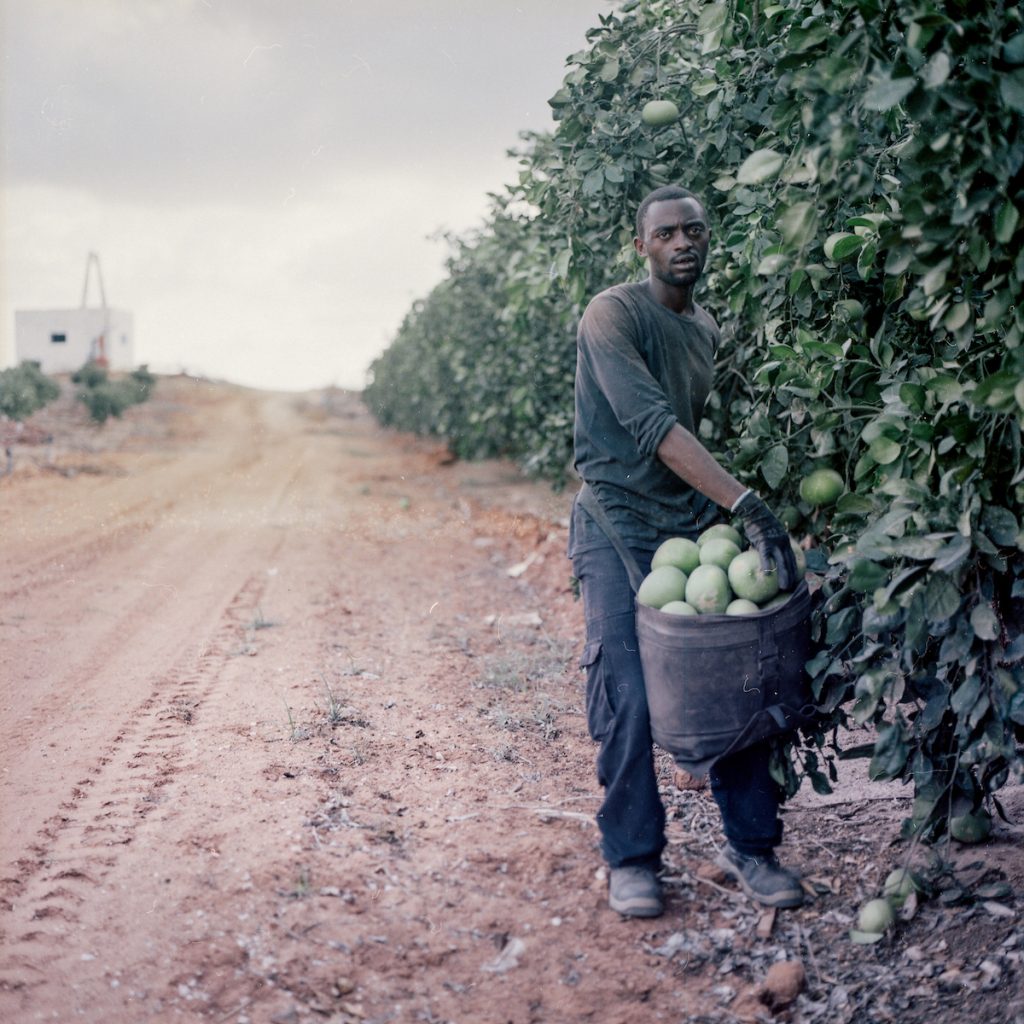In the middle of the desert
African refugees walk to Jerusalem in mass protest against indefinite detention by the Israeli state.

A Sudanese migrant worker in Israel (Photo: Amira_A via Flickr CC).
Last week on December 16, in an act of civil disobedience, over 150 asylum seekers walked all the way from the ‘open’ prisons facility in Be’er Sheva in southern Israel to Jerusalem. Contesting the new policy which forces them to live in ‘open’ facilities, asylum seekers protested against their indefinite detention without trial as well as Israel’s refusal to recognize them as refugees.
In September of this year, the Supreme Court overturned the amendment bill to Israel’s Anti-Infiltration law, which treated all irregular border crossers as “infiltrators”, including asylum seekers. The Anti-Infiltration Law allowed the state to hold asylum seekers in custody, without trial, for up to three years. While the law was overturned and ruled unconstitutional on the grounds that it disproportionately harms asylum seeker’s basic right to freedom, in order prevent their release upon the Supreme Court’s decision, the Knesset rapidly moved to forward a legislative amendment to transfer asylum seekers to “open detention centers”, where they could be held indefinitely.
In protest of their indefinite detention, a group of asylum seekers left the ‘open’ prison facility, “Holot”, in the south of the country, walking six hours toward Jerusalem to demand freedom and their refugee rights before the Knesset. Asylum seekers and human rights activists joined the freedom march from Tel Aviv.
Shortly upon their arrival to Jerusalem, violent arrests followed outside the Knesset building.
A second freedom march was launched on December 19, and this time asylum seekers were immediately arrested by immigration officers and returned to prison.
In response to the recent demonstration PM Benjamin Netanyahu wrote on his Facebook page that “the infiltrators who were transferred to a special facility can stay there, or return to their home countries,” and that “the law exists for everyone. A law is a law, and it most certainly applies to illegal work infiltrators.”
Israel has yet to properly internalize the concept that refugees deserve protection. Israel’s policies aimed toward asylum seekers are punitive in nature and are meant to both deter the arrival of individuals into the country as well as encourage the departure of those that are in the process of seeking asylum. Israel refuses to de-link its immigration policies from its asylum ones and therefore refuses to recognize that categorical distinctions exist among individuals entering its territory, and that while some might be work-migrants, some are nonetheless potential refugees and should therefore be given the opportunity to go through an asylum process, instead of being imprisoned for years without trial.
Commenting on the possibility of being arrested by immigration officers, one Sudanese refugee said that the possibility of going back to prison “doesn’t really matter because if they catch us they’ll take us back to the previous prison. It doesn’t matter which prison you’re in.” He also noted that the new facility is “just like a prison, only the doors are open,” and that the open door policy is meaningless since the facility is placed in the middle of the desert.



















